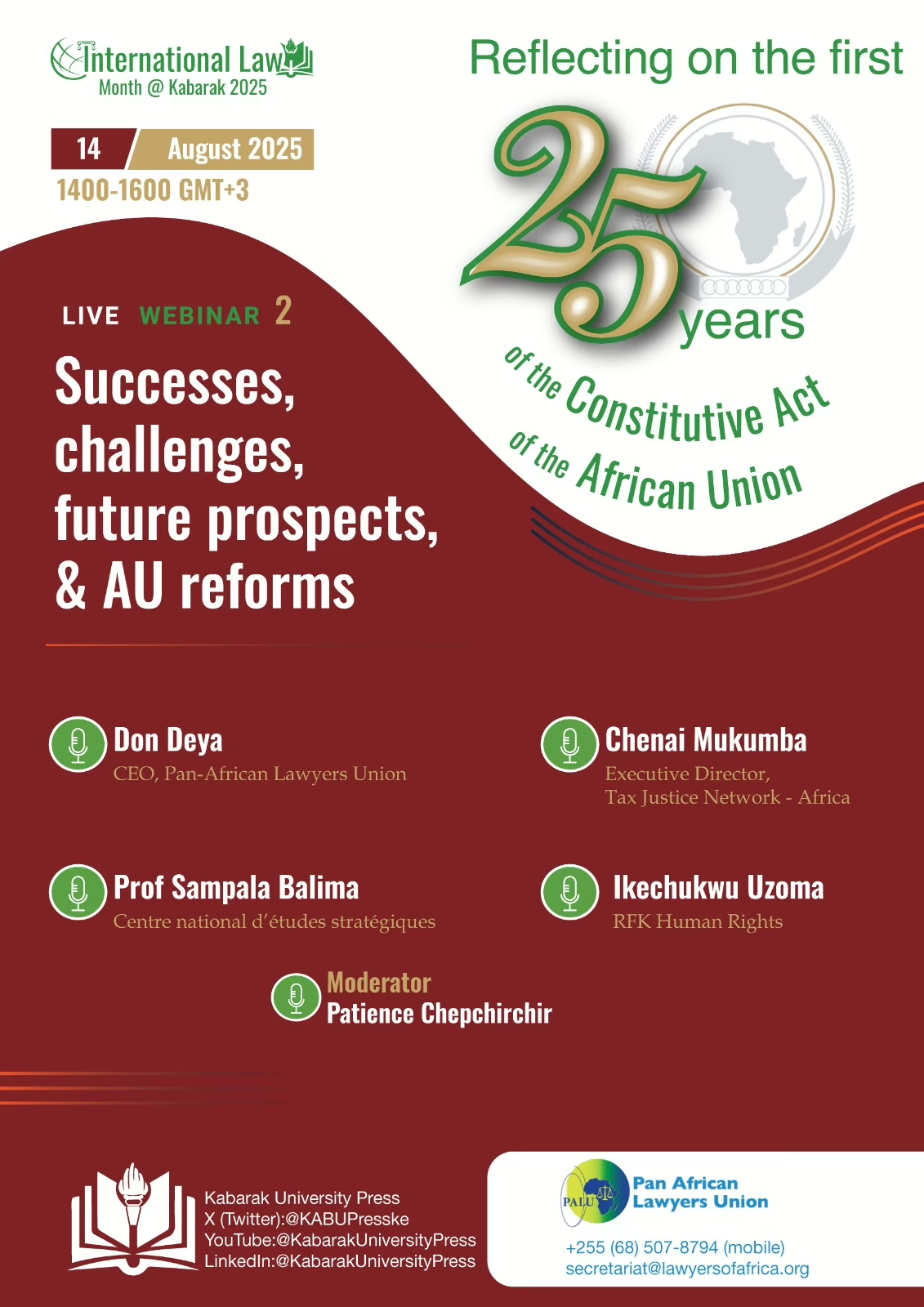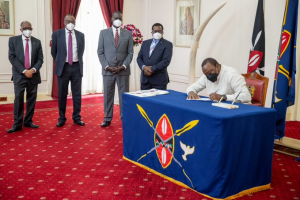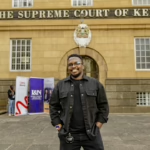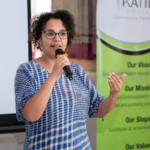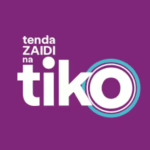KICTANet, a multi-stakeholder Think Tank for ICT policy and regulation, has called for a multi sectoral approach in combating misinformation in the 2022 general elections. KICTANet says this will ensure that all sectors and sources of misinformation are guarded, to keep the elections secure. In its report, Disinformation in Kenya’s Political Sphere: Actors, Pathways and Effects, the group says disinformation is likely to continue in the upcoming elections, just like was the case in the 2013 and 2017 elections.
In a report, the catalyst for reform in the Information and Communication Technology sector says the disinformation is expected to continue spreading and thriving enabled by a robust digital infrastructure.Its drivers mainly include politicians, political parties, strategists, and content creators positioned to create and spread compelling narratives to persuade, appeal and sway voters.
The report finds that disinformation content includes appealing memes and posters which quickly communicate the intended messages. On the other hand, applications such as Telegram are emerging as new virtual pathways with less restrictions on information sharing, over and above the existing popular platforms such as Facebook, WhatsApp, and Twitter.
“Changes to the legal framework and existing social media platforms’ community guidelines have not contained the creation and spread of disinformation”, the report shows, “social media platforms continue to provide persons with opportunities to speak, engage, and persuade masses,”the report indicates.
The report demonstrates that this has an impact on citizens, who then develop trust issues in electoral processes.
Findings by the report state that although the government has taken several measures in an attempt to curb the spread of disinformation, particularly through the enactment of new laws and amendment of existing ones, such as the Computer Misuse and Cybercrimes Act (CMCA) and the Kenya Information and Communications Act to increase arrests on crimes envisaged under these laws, it is yet to be seen whether these arrests and prosecutions reduce the spread of disinformation”, notes the report.
The report also says that the government, as one of the actors that will be instrumental in curbing the vice, should desist from selective application of laws used to counter disinformation by targeting critics, media, political opposition and human rights groups. “There is also a need for the legislature to provide clear definitions of disinformation and ensure they conform to international human right law standards” says the report. “The government should also endeavor to build capacity and capabilities for all relevant stakeholders from academia, business, government, media and civil society to counter the spread of disinformation,”.
Other actors that the report cites as instrumental in the process of curbing misinformation,are the media, civil society intermediaries and even the general public. The report calls on the media to build the capacity of journalists and editors on fact-checking and countering disinformation online. The media should also work closely with fact-checkers to identify and expose disinformation at all levels in a timely manner, and regularly report on disinformation campaigns and their effects on digital rights and democracy.
At the same time, the civil society should, according to the report, engage with policymakers and media representatives on how best to promote the uptake of digital literacy and fact-checking skills initiatives. This will ensure that users of digital platforms are able to easily identify and report disinformation. Additionally, the civil society has also been called upon to engage national policy and law-making institutions, and advocate against laws and practices that hamper the ability of journalists to provide accurate information, and violate citizens’ rights to information and free expression.
The public on the other hand, is envisaged as being in a position to query the truth and veracity of the news and information presented to them, and take in growing their own media and digital literacy skills.
The report outlines that currently, there is no law in Kenya that clearly defines or distinguishes between misinformation and disinformation, adding that Kenya’s laws could be interpreted as being more inclined towards tackling disinformation, where the law criminalizes the dissemination of false information.
“There has been a consistent debate about what the state perceives as disinformation especially among bloggers and activists, says the report, adding that a significant stride made by the government in the quest to combat disinformation was the enactment of the CMCA and the eventual setting up of the National Computer and Cybercrimes Coordination Committee (NC4) in November last year.




